Solar Power System Adapted for Africa Transforms Schools and Communities in South Sudan
A remarkable transformation is underway in the electrification-deprived regions of South Sudan, Africa, with the introduction of a solar power system tailored for African suitability. This initiative has had a profound impact on local schools and their surrounding areas, and it has even spread to involve private enterprises.
The Changes Brought by the Solar Power System
Enhancing the quality of education in electrification-deprived regions of Africa is of paramount importance. The introduction of a solar power system in South Sudan’s schools has resulted in astonishing changes, including:
Improvement in the Learning Environment: The introduction of the solar power system has liberated schools from power shortages, enabling the use of electronic devices such as electric lights, computers, and projectors. This has enhanced the quality of education, providing students with a better learning environment.
Positive Impact on the Community: Schools are at the heart of the community, and the solar power system extends its electricity supply to locations beyond the school premises. As a result, the entire community gains access to electricity, improving their quality of life. Access to electricity has led to the emergence of new businesses and an overall improvement in the lives of residents.
Expressions of Gratitude: Many letters expressing gratitude have been received from the schools, and the local people are deeply moved by the results of this project, reaffirming the importance of education.
Adoption by Private Enterprises
The success of the solar power system has not been limited to South Sudan’s schools; it has also had a significant impact on private enterprises. Inspired by the successful case in the region, numerous businesses and individuals are considering and taking steps to implement solar power systems. This has led to a substantial influence on the regional economy, creating job opportunities and fostering new business ventures.
Conclusion
The introduction of a solar power system adapted for Africa is revolutionizing South Sudan’s schools and communities. The improvement in the learning environment, positive effects on the community, and the spread to the private sector serve as evidence of the success of this project. We hope to see initiatives like this expand across Africa, bringing a brighter future to electrification-deprived regions.
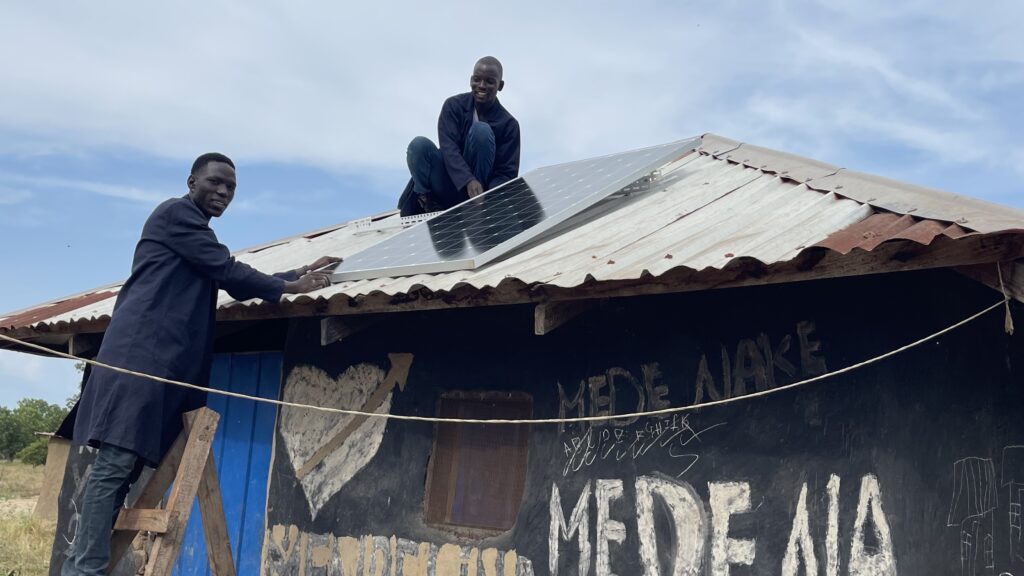

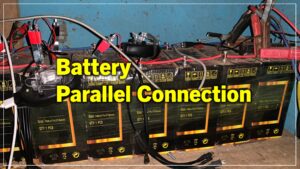
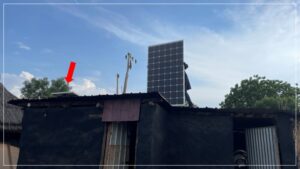

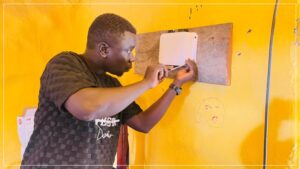
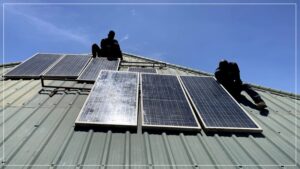
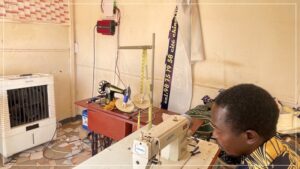

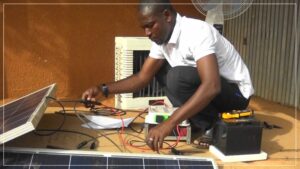
Comments